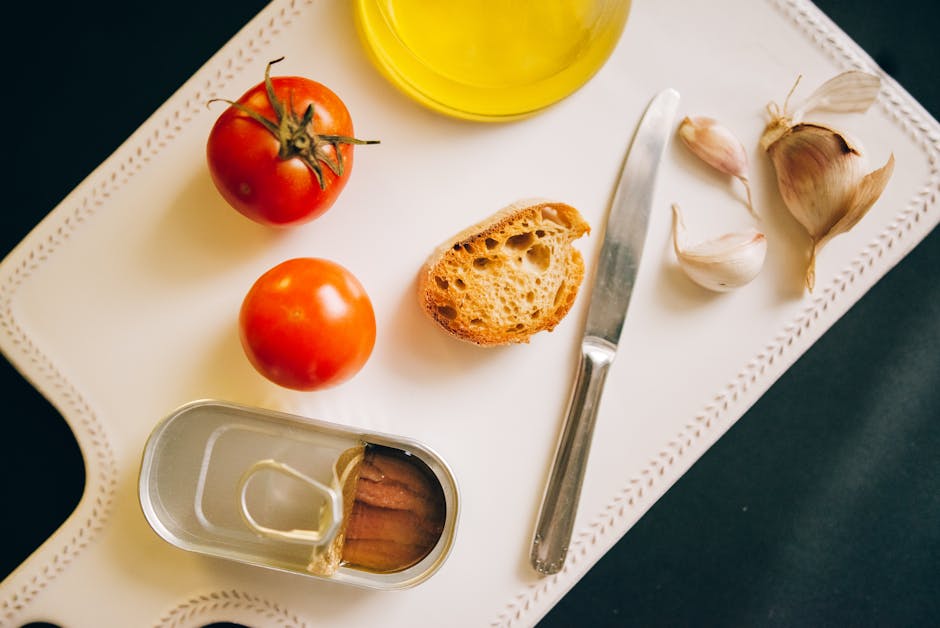Cookbooks remain a cornerstone of dependable recipes. Published cookbooks, particularly those from established publishers or well-known chefs, undergo rigorous testing and editing. These books often include detailed instructions, helpful tips, and stunning photography. Investing in a well-regarded cookbook, whether focusing on a specific cuisine or a broader culinary style, guarantees access to recipes tested and refined over time. Consider authors with proven track records and positive reviews from reputable sources like food critics or culinary websites. The weight of a physical book, the tactile experience of turning the pages, can also enhance the cooking journey, fostering a deeper connection to the process.
Beyond printed materials, the internet offers a wealth of recipe sources, but caution is necessary. While many websites offer excellent recipes, others lack credibility. Authoritative food blogs and websites built by passionate cooks or professional chefs often stand out for their quality. These platforms usually feature high-quality photography, detailed ingredient lists, step-by-step instructions, and often include reader comments that provide valuable feedback on the recipe’s success rate. Look for websites with a history of consistent posting and a strong community engagement. A high volume of positive reviews and comments from multiple users can be a powerful indicator of a recipe’s reliability.
Evaluating a recipe’s trustworthiness online demands a critical approach. A recipe’s credibility is not simply determined by the number of views or shares. Instead, pay close attention to several key factors. Firstly, a comprehensive ingredient list is crucial. Vague measurements or unclear instructions are red flags. A reliable recipe will specify exact quantities, clearly list all necessary ingredients, and provide alternative suggestions where appropriate. Secondly, the instructions must be clear, concise, and easy to follow. Ambiguous language or a lack of detail can lead to disastrous results. Look for recipes that provide logical step-by-step procedures, explaining the reasons behind certain cooking techniques. Thirdly, high-quality photographs or videos greatly enhance a recipe’s trustworthiness. Visuals provide a realistic expectation of the final product, allowing cooks to compare their own progress to the desired outcome.
Furthermore, consider the source’s credentials. A recipe published by a renowned chef, a respected food magazine, or a culinary institution generally carries more weight than one found on an anonymous blog. Checking the “about us” section of a website can provide valuable insight into the author’s experience and expertise. Look for details on their culinary background, training, or professional affiliations. Websites affiliated with organizations dedicated to accurate food information or those that employ registered dietitians or food scientists often provide reliable and healthy recipes.
In recent years, the rise of recipe apps has revolutionized how individuals access and utilize recipes. Many apps offer organized collections of recipes from reputable sources, allowing users to save and manage their favorite recipes. However, caution remains necessary. Always check the source of the recipes within the app, evaluating them using the same criteria applied to website-based recipes. Look for apps that clearly indicate the source of each recipe and allow for user reviews and ratings.
Community forums and online cooking groups also provide opportunities to discover reliable recipes. However, always approach user-submitted content with caution. Prioritize recipes with multiple positive endorsements and detailed accounts of successful results. Actively participate in the forums, asking questions and gauging the community’s overall knowledge and helpfulness. Participating in such communities can also offer opportunities to directly inquire about the recipe’s source and reliability.
Ultimately, locating reliable and trustworthy recipes involves a combination of utilizing established resources and applying critical judgment. Cookbooks provide a foundation of tested recipes, while carefully vetted websites and apps offer convenient digital access. By prioritizing detailed ingredient lists, clear instructions, high-quality visuals, and considering the source’s credentials, you can significantly improve your chances of finding culinary gold amidst the online clutter. Remember, successful cooking is as much about discerning information as it is about following instructions. A careful and discerning approach ensures delicious and repeatable successes in your culinary endeavors.
